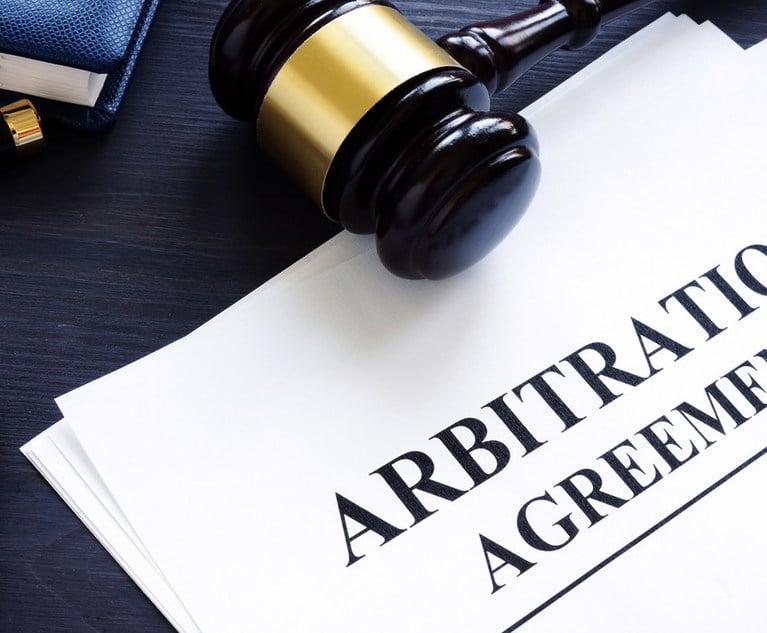On March 3, 2022, President Joe Biden signed into law the Ending Forced Arbitration for Sexual Harassment and Sexual Assault Act (the Act). The Act makes unenforceable any pre-dispute arbitration agreement for any case filed that “relates to [a] sexual assault dispute or the sexual harassment dispute.” The guarantee of a judicial forum strengthens victims’ claims by providing for a more fair and impartial fact finder, allowing for the broad discovery litigants are entitled to in court and removing the cloak of secrecy that comes with arbitration.
An initial and critical question for many lawyers—particularly for plaintiff’s lawyers—has been whether the law applies retroactively or merely prospectively. The law addresses this issue at §3, stating: “This Act, and the amendments made by this Act, shall apply with respect to any dispute or claim that arises or accrues on or after the date of enactment of this Act.” Although there has yet to be any judicial interpretation of this language, defense lawyers have been quick to argue that claims where sexual harassment had already occurred before the passage of the Act, including both pending litigation and pre-litigation matters, should remain subject to the terms of an arbitration agreement.
This content has been archived. It is available through our partners, LexisNexis® and Bloomberg Law.
To view this content, please continue to their sites.
Not a Lexis Subscriber?
Subscribe Now
Not a Bloomberg Law Subscriber?
Subscribe Now
LexisNexis® and Bloomberg Law are third party online distributors of the broad collection of current and archived versions of ALM's legal news publications. LexisNexis® and Bloomberg Law customers are able to access and use ALM's content, including content from the National Law Journal, The American Lawyer, Legaltech News, The New York Law Journal, and Corporate Counsel, as well as other sources of legal information.
For questions call 1-877-256-2472 or contact us at [email protected]







